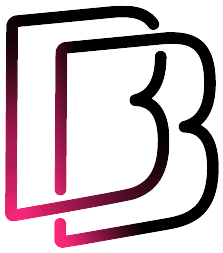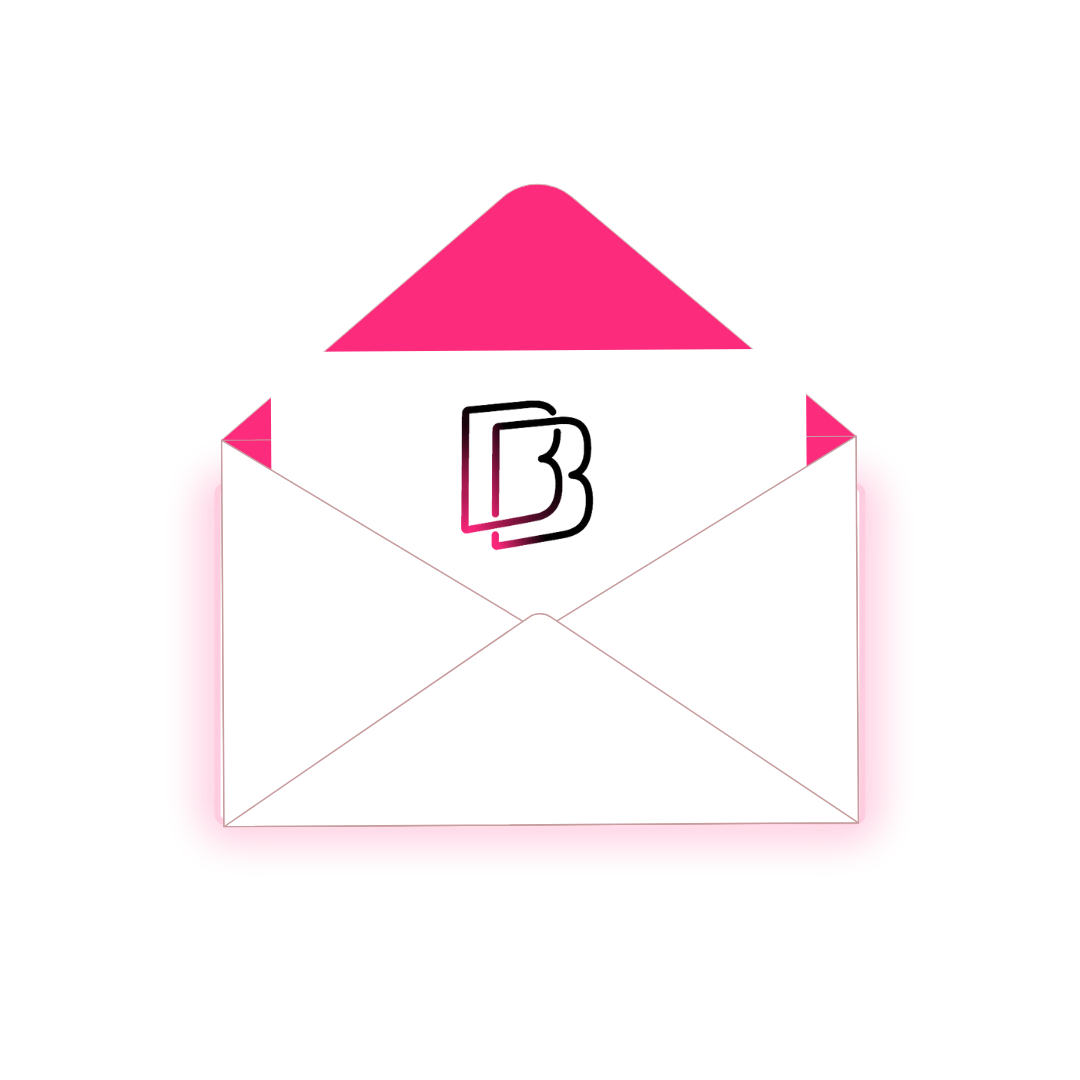
As reported by the WHO, over 30% of the world’s population is anemic due to iron deficiency. Like every other unfortunate event, this one might make you go “Naah, can’t be me!” Well, we don’t blame you since that’s a natural human tendency. But did you know being pregnant, breastfeeding, or just having your period (especially if it's heavy and lasts longer) can put you at risk for iron-deficiency?
Women need 18 milligrams of iron daily until they reach menopause after which the requirement drops to 8 milligrams. So, if you experience one or more of the following symptoms, maybe you’re not meeting the daily iron requirements of your body.
Symptoms Of Iron Deficiency
- Extreme fatigue
- Pale complexion
- Falling sick often
- Shortness of breath
- Headache
- Mouth ulcers
- Cold hands and feet
- Brittle nails
- Poor appetite
- Heart palpitations
Benefits Of Iron Rich Foods
Here’s a lowdown on why you should make this immune boosting mineral a part of your diet STAT.
- Iron is essential to improve hemoglobin levels. This is especially vital when blood is lost due to injuries or menstruation. When hemoglobin is much lower than the normal value, it could result in anemia.
- Low iron levels can make you feel less energetic thus interfering with your daily routine and making you feel less productive. This unexplained fatigue can be resolved by increasing the consumption of iron rich foods in your diet.
- Iron plays a chief role in strengthening the immune system. The increased hemoglobin boosts oxygen supply to damaged cells, tissues and organs thereby speeding healing process and fight against diseases.
- A drop in concentration and low iron levels are linked. Improved iron levels in the blood can restore concentration and improve cognitive abilities.
- Okay this might sound strange (unless you’ve experienced it) but low iron levels can cause a person to develop unusual cravings, such as dirt, ice and clay. This can especially occur during pregnancy and can be easily avoided by increasing your daily iron intake.
Absorption Of Foods With Iron
When you eat foods that contain iron, not all iron is readily absorbed by your body. Why? That’s because there are two types of dietary iron to factor in: heme and non-heme. Heme iron, derived from hemoglobin is the form of iron that can be easily absorbed by your body. It is found in meat, fish and poultry. Non-heme iron, on the other hand, found in plant-based food sources is not readily absorbed by your body. Thus, eating meat generally increases your iron levels far more than eating non-heme iron.
Foods That Contain Iron
Lucky for you, you can get all the iron you need from your meals. Just make the right choices.

1. Spinach
Spinach may not give you Popeye’s bulging muscles but it will surely help you fight anemia. The best part? Spinach is high not just in iron but also in Vitamin C which plays an important role in the assimilation of iron. This is great because spinach serves as a source of iron (non-heme) which is difficult to absorb.
Estimated Iron in Spinach: 6 mg
2. Chickpeas
A cup of Chickpeas can deliver about one-fifth of a person’s daily iron requirement while also providing Vitamin C to help soak up the iron better. The iron and calcium content found in this legume can contribute to strengthening bones and preventing osteoporosis. Other legumes, such as soybean, peas, lentil and beans are also loaded with iron.
Estimated Iron in Chickpeas per cup: 4.7 mg


3. Quinoa
Okay, sure, Quinoa may not be the most appetizing food out there. But, this gluten-free variety of grain when cooked, is a rich source of iron, magnesium, copper, manganese, protein and other nutrients. Its excellent nutrient profile makes it a guilt-free indulgence for meals. So even if you’re a dedicated fan of white rice, try giving in to the call of Quinoa every once in a while.
Estimated Iron in Quinoa: 2.8 mg
4. Pumpkin Seeds
What better way to get your daily dose of iron than from a tasty portable snack? Pumpkin seeds which provide 14 % of the daily recommended value of iron in one serving are also replete with Vitamin K, zinc, and manganese. Other seeds, such as hemp seeds, flaxseeds and sesame seeds are also high in iron. Hard to argue with something so nutrition-packed and pocket-friendly literally, eh?
Estimated Iron in Pumpkin seeds: 2.1 mg


5. Tofu
Tofu offers 19% of the daily recommended value of iron while boasting a big helping of selenium, magnesium and thiamine. The best part? It packs slightly more iron than red meat without any saturated fat which makes it a heart-healthy choice. Besides, you can leverage on its greatest asset, versatility and cook it with different sauces to get the taste you crave. This makes the soy-based food an interesting source of iron in vegan diet.
Estimated Iron in Tofu: 6.6 mg
6. Dark Chocolate
Ah, finally a delight to find your favorite comfort food make to this list, innit? The higher the amount of cocoa solids in the chocolate, the higher the amount of iron and antioxidants in it. So we don’t mean anything less than 55% cocoa. Besides, the extra kick of copper and potassium in dark chocolate helps prevent cardiovascular ailments.
Estimated Iron in Dark Chocolate: 3.4 mg


7. Banana
Bananas are the humble workhorse of the fruit world. Packed with respectable amounts of iron, potassium, magnesium and Vitamin C, they supercharge you with instant energy to fight anemic caused fatigue. You can drizzle honey over a cup of banana slices for your morning breakfast. The copper in the honey helps soak up the iron. Other iron rich fruits include apples, peaches and pears.
Estimated Iron in Banana: 0.6 mg
8. Dried Apricots
Dried apricots are a surefire way to boost your iron levels on the go. These dried snacks are also rich in Vitamin A and Vitamin C which are essential in the absorption of iron. Other iron rich dry fruits include Raisins, Dates and Apricots. However, dry fruits are high in calories and sugar which makes it is advisable to consume them in moderation.
Estimated Iron in Dried Apricot: 3.5 mg


9. Chicken
Before you think your usual order of chicken lollipop at the bar takes care of your iron dose, let us tell you that all parts of chicken don’t contain the same amount of iron. Chicken liver is a treasure trove of iron and B vitamins followed by the heart and breasts. We would say, the hefty serving of protein and iron in chicken can keep you going for a while. If you’re hunting for other meaty sources, you can opt for Beef, Turkey and Eggs which are also teemed with iron.
Estimated Iron in Chicken per serving: 1.8 mg
10. Fish
Sardines, Anchovies, Tuna, Mackerel and Herring are excellent sources of iron. The advantage of choosing seafood is that it provides iron and proteins in a low-calorie package. Even better they’re low in saturated fat (you know the kind that clogs arteries and puts the heart at risk) and saturated with healthy fats. Nothing fishy about this deal, you see.
Estimated Iron in Fish per serving: 2 mg

Tips To Increase Absorption Of Iron From Iron-Rich Foods
- To ease the absorption of non-heme iron in your body, consume Vitamin C rich foods, such as Bell peppers, Oranges, Lemon, Tomatoes, and Kiwi or Vitamin A rich foods, such as Carrot, Swett Potato, Lettuce and Cantaloupe.
- Drinking too much tea, coffee or wine can interfere with absorption of iron from iron-rich foods in your body. That’s because they contain polyphenols which make the absorption difficult.
- When consuming foods with iron, avoid indulging in calcium-rich foods and drinks as they can hinder the absorption of iron.
- Meat, fish and poultry can also stimulate the absorption of non-heme iron.
FAQs
1. When should I take iron supplements?
You may need to take iron supplements if:
- You are anemic
- You have heavy period
- You are vegan or vegetarian
- You have little access to iron-rich foods
Always consult with your doctor before consuming iron supplements.
Nykaa Recommends: Swisse Ultiboost Iron Tablets, Purayati Folic Acid And Iron, HealthVit Ferolax B12 Slow Release Iron + Vitamin B12 Capsules, Biotrex Iron Ferrous Fumarate.
2. Recommend iron rich foods for anemia.
Leafy greens, seafood, beans, nuts and seeds, peas, meat and poultry are great for boosting iron levels in anemics.
3. Recommend iron rich foods for pregnancy.
Apricots, prunes, raisins, brussel sprouts, broccoli, beets, spinach, collard greens and kale work great as iron rich foods for pregnancy.
4. Mention the iron rich fruits and vegetables which should be a part of daily diet.
Fruits with iron include strawberries, watermelon, raisins, dates, figs, prunes, dried apricots and dried peaches.
Iron rich vegetables include spinach, sweet potatoes, peas, broccoli, string beans, collard greens, kale and broccoli.

